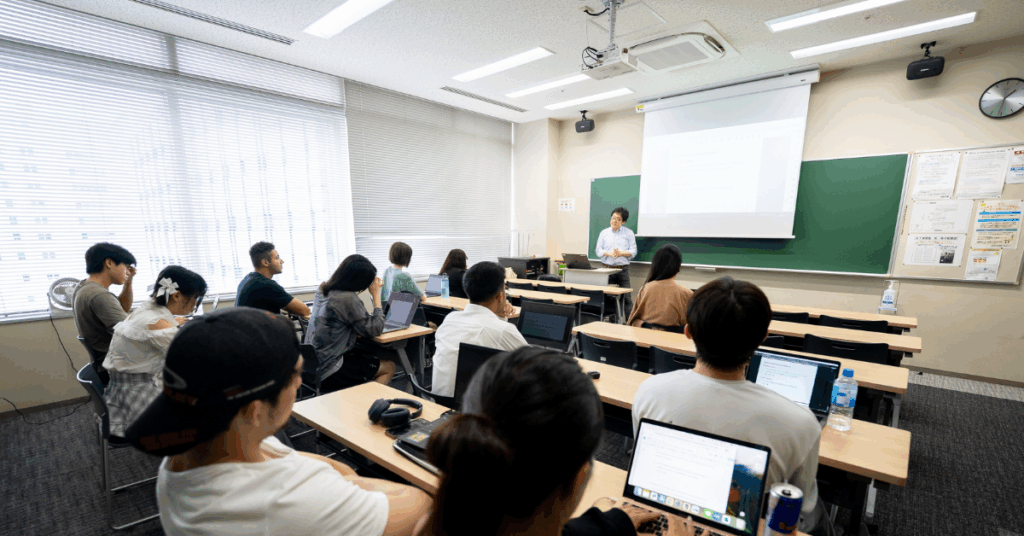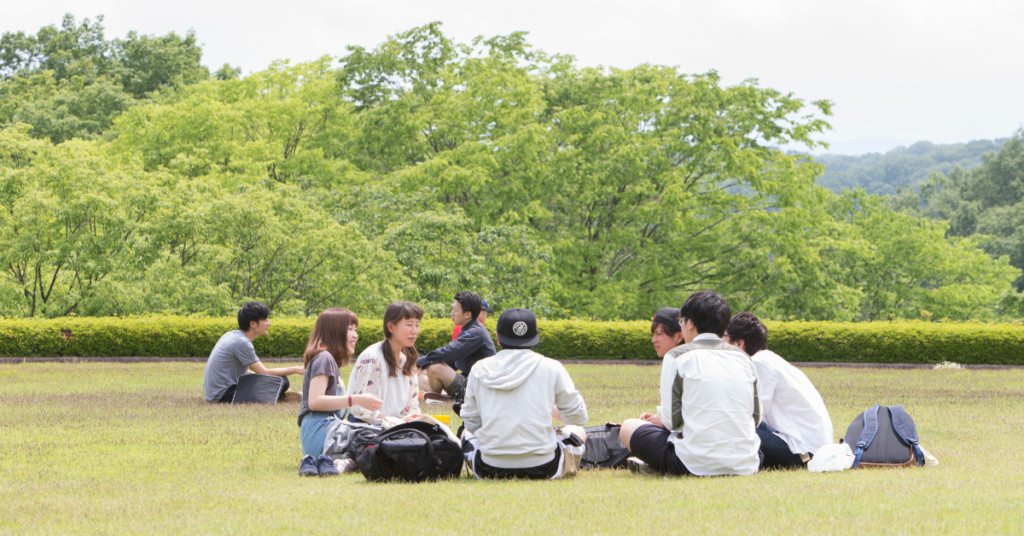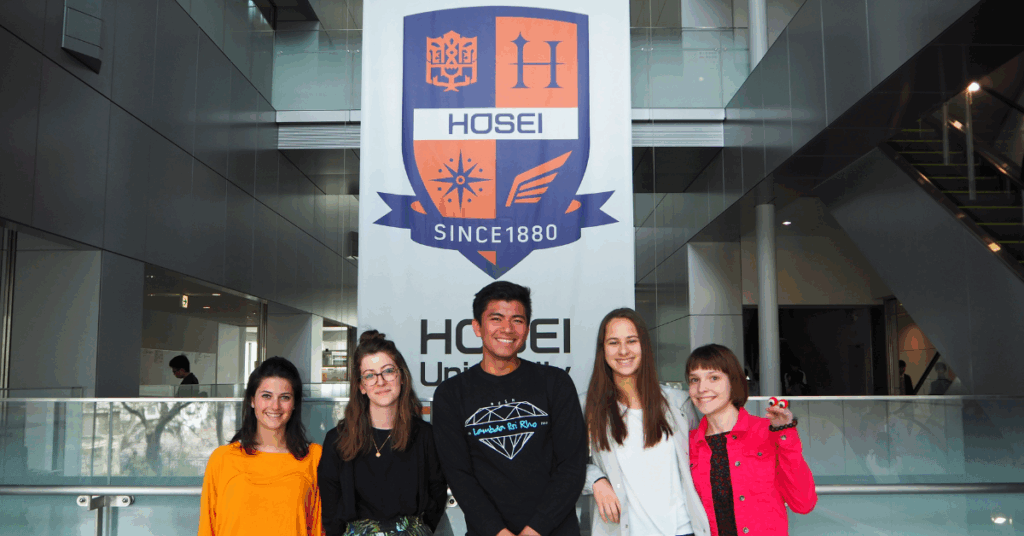When planning to study in Japan, one of the first big decisions you’ll face is choosing between a university and a vocational school (専門学校 senmon gakko).
Both offer unique opportunities to learn, grow, and build a career in Japan. Universities focus on academic research and theory, while vocational schools specialize in hands-on training and job-ready skills.
This guide breaks down the differences, highlights real examples from Schools in Japan’s partner schools, and helps you decide which path best fits your future.
What is a university in Japan?
Universities (大学 daigaku) are Japan’s most traditional higher education institutions. They typically offer four-year undergraduate programs and advanced degrees like master’s and doctorates.
Academic focus
University education centers on research, theory, and critical thinking. Students often choose fields such as business, international relations, engineering, or the arts.
Language of instruction
Many Japanese universities now offer English-taught programs, making them accessible to international students who don’t yet speak Japanese fluently.
Featured universities
- Hosei University (Tokyo) — One of Japan’s oldest private universities, Hosei offers several English-based degree programs through its English Track (E-Track).
- Nagoya University of Commerce and Business (Aichi) — A globally focused institution offering business degrees entirely in English.
- University of Tsukuba (Ibaraki) — Known for its international undergraduate and graduate programs taught in English and its interdisciplinary approach.
University graduates earn a bachelor’s degree and often continue to graduate study or enter large corporations, global companies, or government institutions.

What is a vocational school in Japan?
Vocational schools — also known as senmon gakko — offer specialized, hands-on education focused on practical skills and industry training.
Career-oriented education
These programs are ideal for students who learn best by doing. Classes are built around projects, internships, and skill application.
Program length
Most vocational school programs last two years, although some fields like nursing or technology may take longer.
Fields of study
Vocational schools in Japan cover a wide range of fields: design, anime, game development, IT, fashion, tourism, and business.
Featured vocational schools
- Yokohama Design College — Offers courses in visual design, manga, illustration, and Japanese language preparation, with a strong focus on creative career skills.
Graduates earn a diploma or advanced diploma, which can qualify them for work in Japan or pursue further study.
Key differences between universities and vocational schools
| Feature | University | Vocational School |
|---|---|---|
| Focus | Academic knowledge & research | Practical skills & job readiness |
| Length | 4 years (undergrad) | 1–3 years |
| Outcome | Bachelor’s, Master’s, or Doctorate | Diploma or professional certificate |
| Teaching Style | Theoretical, lecture-based | Hands-on, project-based |
| Language Options | Often Japanese, some English | Mostly Japanese, some with support for beginners |
| Career Path | Broad; often requires job hunting | Directly linked to industry or trade |
| Example School | Hosei University | Yokohama Design College |
Which one is better for you?
There’s no single “right” choice; it depends on your goals, learning style, and future plans.
Choose a university if you…
- Want to earn an academic degree (bachelor’s or higher)
- Plan to work in global business, research, or academia
- Prefer theory, research, and critical analysis
- Want to study in English while experiencing Japan’s university life
Choose a vocational school if you…
- Prefer hands-on learning
- Want to gain employable skills and enter the workforce quickly
- Aim to work in creative or technical industries like animation, fashion, or IT
- Want smaller classes and personalized guidance
Both options can lead to successful careers in Japan. Many vocational school graduates find jobs directly related to their training, while university graduates often have broader global opportunities.
How to apply as an international student
The application process varies by institution, but generally includes:
- Proof of high school graduation
- Language ability (TOEFL/IELTS for English programs or JLPT for Japanese-taught programs)
- Transcripts and recommendation letters
- Statement of purpose
- Application interview (for some vocational schools)
After acceptance, students apply for a Certificate of Eligibility (COE) to obtain a student visa.
You can explore details and application links through the Schools in Japan directory, which lists both universities and vocational schools that welcome international students.

FAQ
Can I work in Japan after graduating from a vocational school?
Yes. If your diploma is from a recognized school and your job aligns with your field of study, you can apply to change your visa to a work visa.
Are vocational school diplomas recognized internationally?
While recognition varies by country, many Japanese vocational schools have strong industry ties and reputations within their fields.
Do universities in Japan offer English-taught programs?
Yes. Many universities listed on Schools in Japan, such as Hosei and Tsukuba, offer full English-taught programs for international students.
Choosing the right path for your future
Whether you want to earn a degree at a university like Hosei University or build hands-on skills at Yokohama Design College, Japan offers world-class education for every learner. Both options also have unique programs available for you to choose from.
The key is understanding what you want from your experience: a broad academic foundation or direct professional training.
Explore the Schools in Japan directory to compare universities and vocational schools, and start your journey to study in Japan today.



